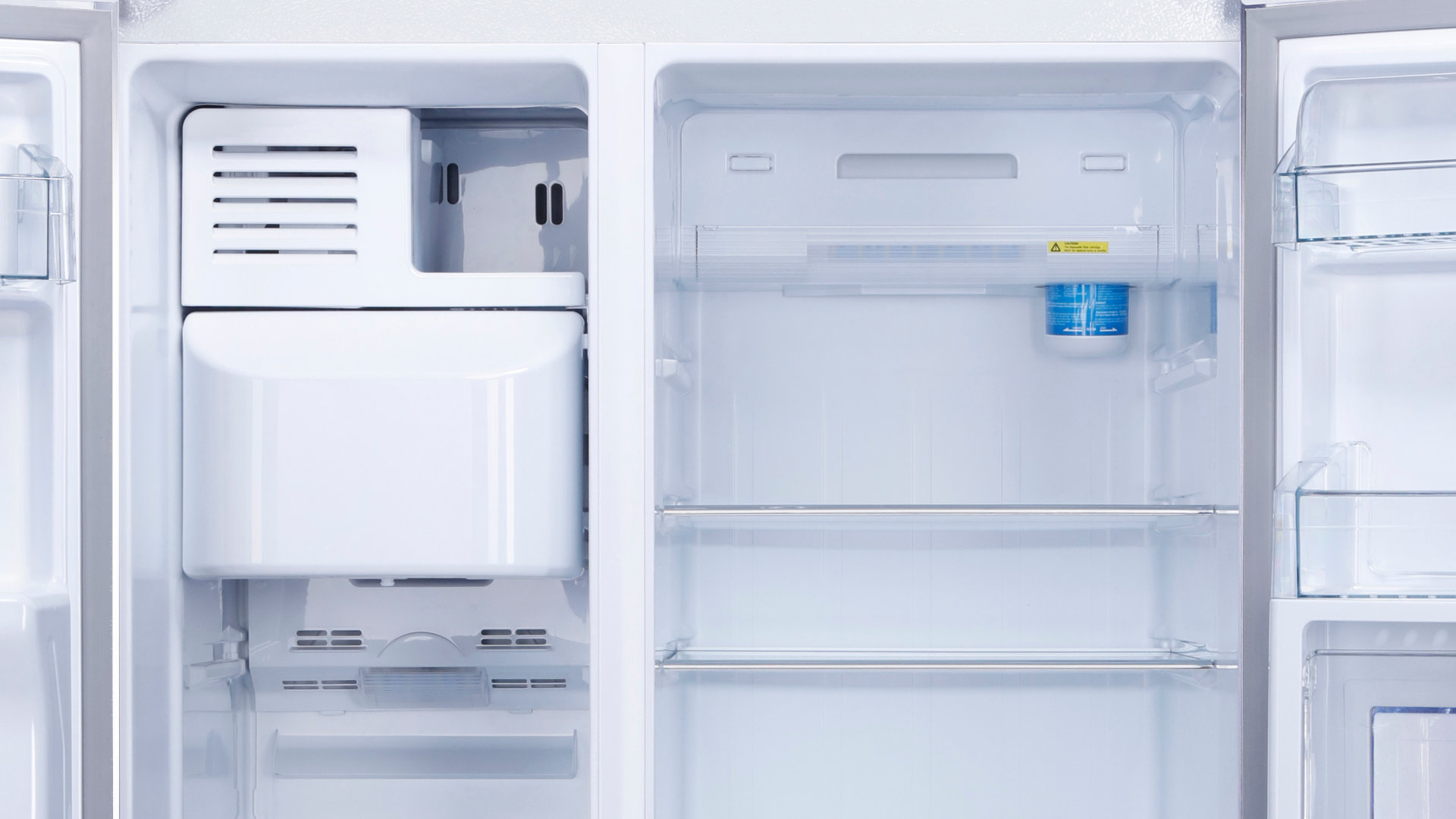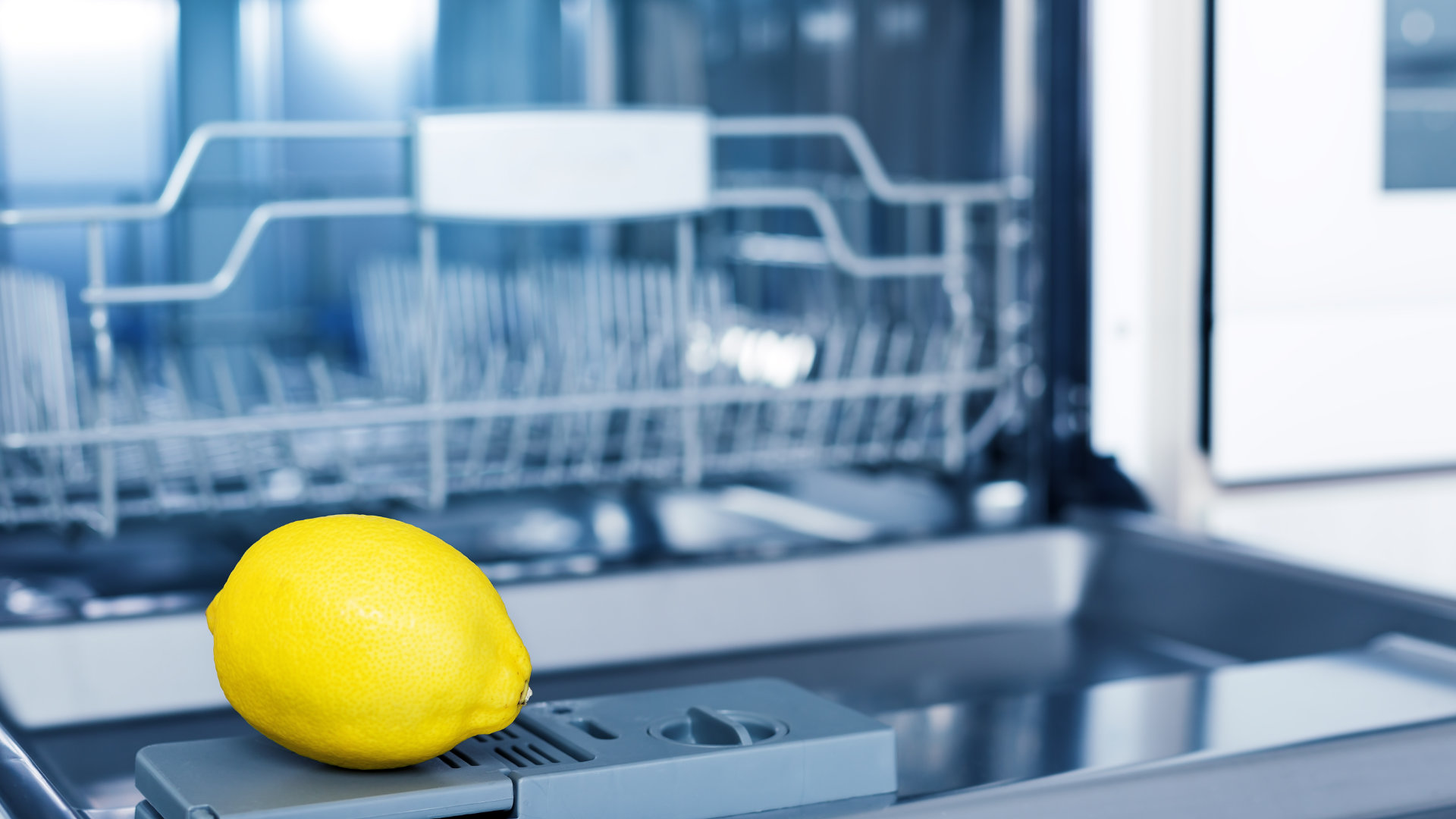
If your dishwasher smells bad, you may notice that your dishes smell bad too. So, whenever you get a clean plate or cup from your cupboard, you are suddenly put off by a foul odor.
Many people will assume their dishwasher is fine if it looks clean after a quick inspection. However, there could be a problem lurking somewhere in the dishwasher that cannot be seen.
If you can’t pinpoint where the smell is coming from, then giving your dishwasher a quick clean will certainly help.
Why does the dishwasher smell?
Every day your dishwasher is washing food or grime off your dirty dishes. While most of it is washed down the dishwasher’s drain, some dirt can still accumulate or become trapped in other areas.
For example, dirt can easily get trapped in the rubber gasket (the seal around the door), or it can build up around the racks. The drain filter also collects food particles to prevent them from clogging up the pipes. However, this food can hang around for a while and eventually rot.
Therefore, it’s essential to clean your dishwasher so your dishes can get the best wash possible. Thankfully, cleaning the dishwasher and preventing bad smells is relatively straightforward.
5 ways to give your dishwasher a deep clean
If you haven’t cleaned your dishwasher in a long time, you will need to give it a deep clean. Giving your dishwasher a deep clean will improve the function of your dishwasher and get rid of bad smells.
1. Clean the drain filter
Located at the bottom of your dishwasher are the drain and filter. To access these, you may need to remove the bottom rack.
All you need to do is pull out the drain filter and remove anything that appears to be blocking it. Giving it a rinse or a scrub with some soap under a tap is also recommended.
Before returning the filter, check the drain to ensure there is nothing that has escaped the filter. Clean the drain out if necessary.
If there is water pooling around the drain, this is an indication that the hose is blocked. If that’s the case, a blockage in the pipe could contribute to the foul odor.
2. Scrub the walls and doors of the dishwasher
Before cleaning the dishwasher, remove the dish racks for easy access. Most racks can be lifted from the dishwasher and do not need to be unscrewed.
With some warm water, a small amount of dish soap, and a sponge, wipe the walls and door of the dishwasher. You may find it helpful to use a small scrubbing brush such as a toothbrush in the hard-to-reach areas of the dishwasher.
After you have cleaned the walls and door, wipe away any remaining soap with water. Avoid using too much dish soap because any soap left in the dishwasher will expand and froth up too much when you use it again. When this happens, it can cause your dishwasher to leak.
Before returning the dishwasher racks, you may want to check them for grime and wash them if necessary. You could simply wipe them with a cloth or rinse them with water.
3. Wash the rubber gasket
The rubber gasket is the seal that lines the door. Some dishwashers allow the gasket to be removed; all you have to do is peel it off. However, if you cannot remove the gasket, you can clean it where it is.
If you have removed the gasket, wash it with gentle soap and rinse it under a tap. Return the gasket once it has dried.
If you cannot remove the gasket, wipe it with a damp cloth. Again, if you are using soap, ensure none is left behind.
While cleaning the gasket, check the grooves, as this is a good hiding place for food particles and grime.
4. Run the dishwasher with an empty load
Once you have returned the filter, racks, and gasket, you can run the dishwasher on an empty load.
While doing so, you can add your regular dishwasher tablet or powder. Or, you may wish to include a special dishwasher cleaner that you can get from your supermarket or hardware store.
Some people have also reported success from sprinkling baking powder on the bottom of their dishwashers. Since baking powder is good for neutralizing odors, it could be worth trying.
However, using a dishwasher tablet or powder alone should work. To avoid buying other products, you can try these first. If they don’t work, you could then try something else such as the dishwasher cleaner.
Wash your dishwasher on a long cycle. If you can select a temperature, choose the hottest one possible, as hot water is also suitable for eliminating odors.
After the wash is complete, inspect your dishwasher. You may need to do another wash cycle if the smell persists.
5. Check the hose
If all else fails and you still notice a bad smell, you will need to pull the dishwasher out and check the hose. Unscrew the hose from the dishwasher and check for any bad smells.
You could also assess the hose for any blockages. You can do this by looking down the hose or squeezing it. If you notice an unusual lump while squeezing the hose, there could be a blockage in that area.
If the hose is blocked, you will need to remove the hose entirely and clean it. For example, you could try soaking the hose in soapy water overnight and running water through it the next day. Or, you could take the hose outside and use a pressurized garden hose to wash the inside.
How to prevent bad smells from returning
Once you have deep cleaned your dishwasher, you can try several methods to prevent the smell from returning.
Here are some things you can try:
- Rinse your dishes before loading.
- Scrub pots, pans, and baking dishes before putting them in the dishwasher to prevent large food particles from becoming trapped.
- Run your dishwasher on an empty load once a week.
- Wash the filter once a week.
- Avoid leaving dirty dishes in the dishwasher for too long.
- Give your dishwasher a deep clean once a month, or when necessary.
Lastly, do not wash your dishwasher with vinegar. Some claim that vinegar is excellent for dishwashers because of its odor-fighting abilities.
However, it’s important to note that vinegar is bad for your dishwasher because it can corrode rubber. As a result, this can lead to other problems, such as leaking.
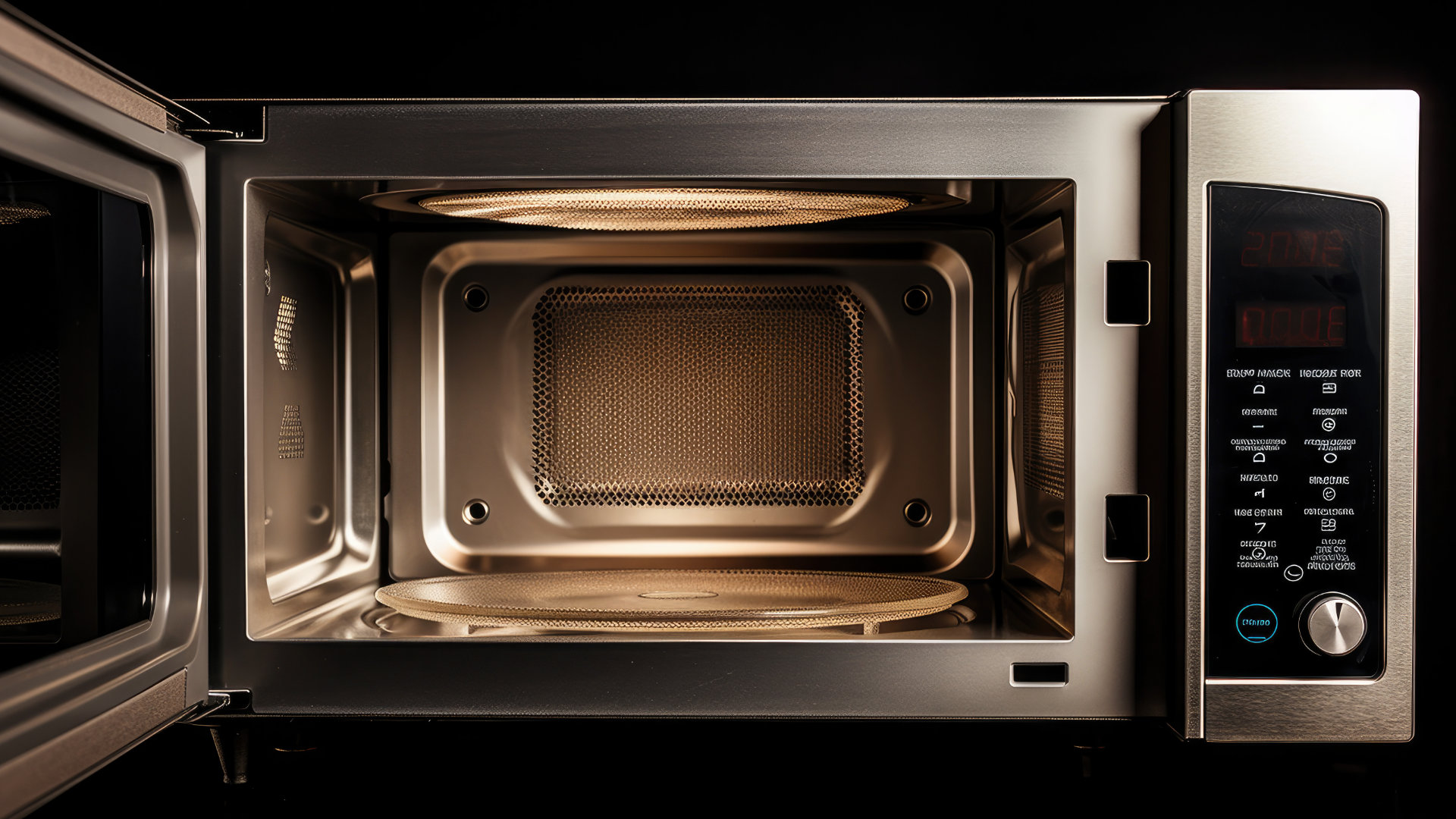
Eliminate the Burning Smell From Your Microwave
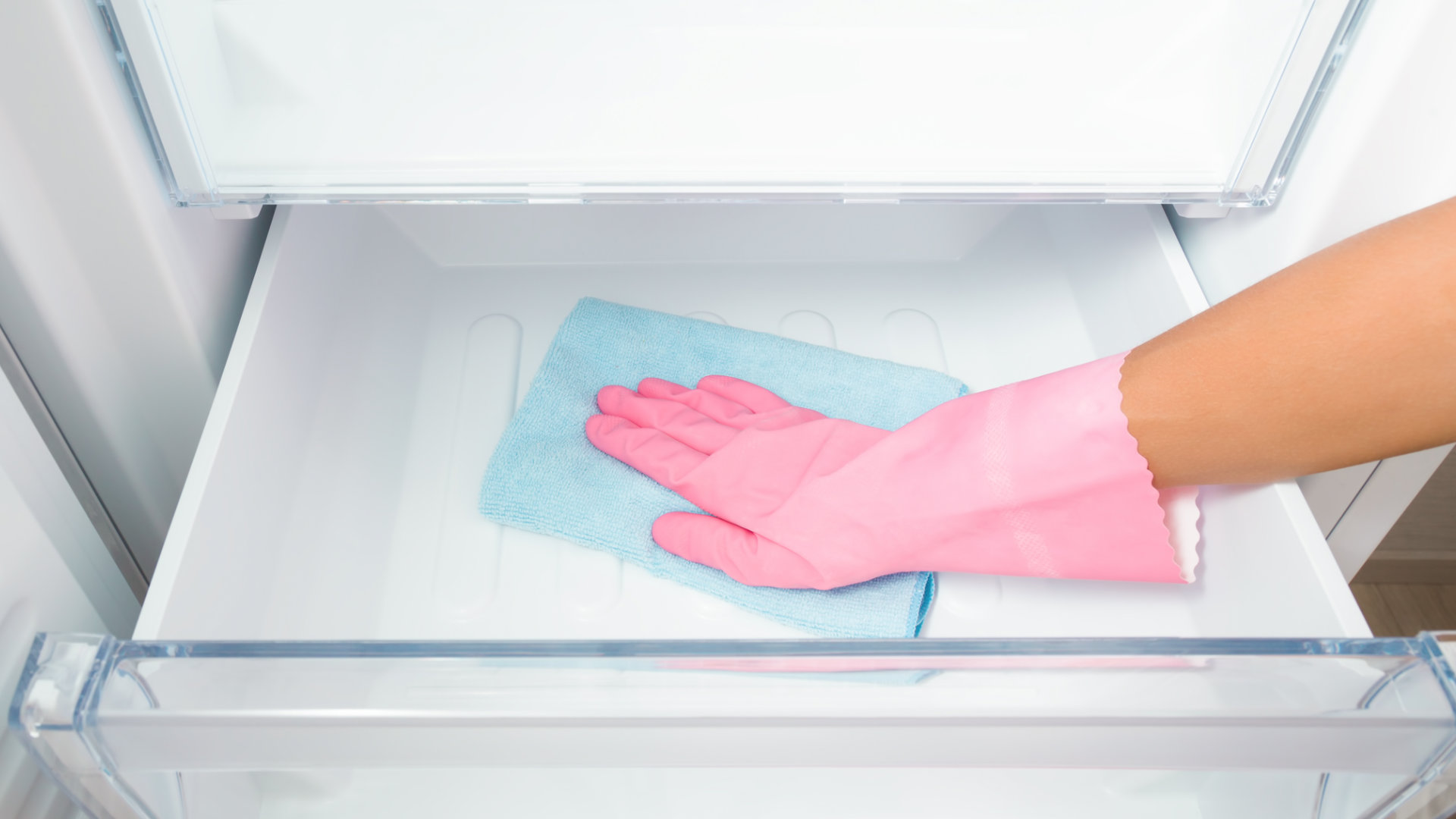
Fixing a Samsung Freezer That Won’t Freeze

Whirlpool Oven Won’t Heat: Here’s What To Do
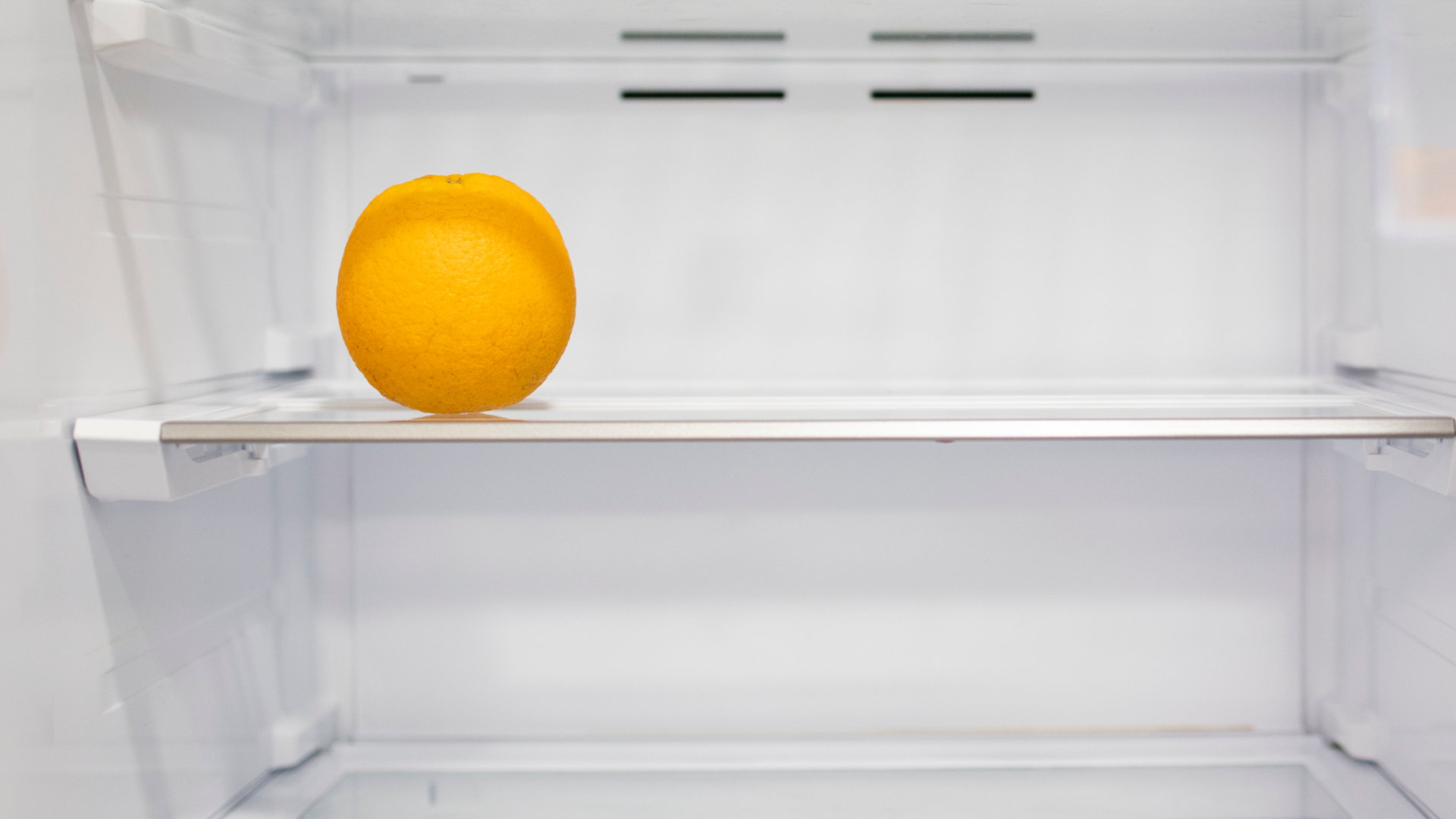
Easy Steps to Clean Your Refrigerator Coils
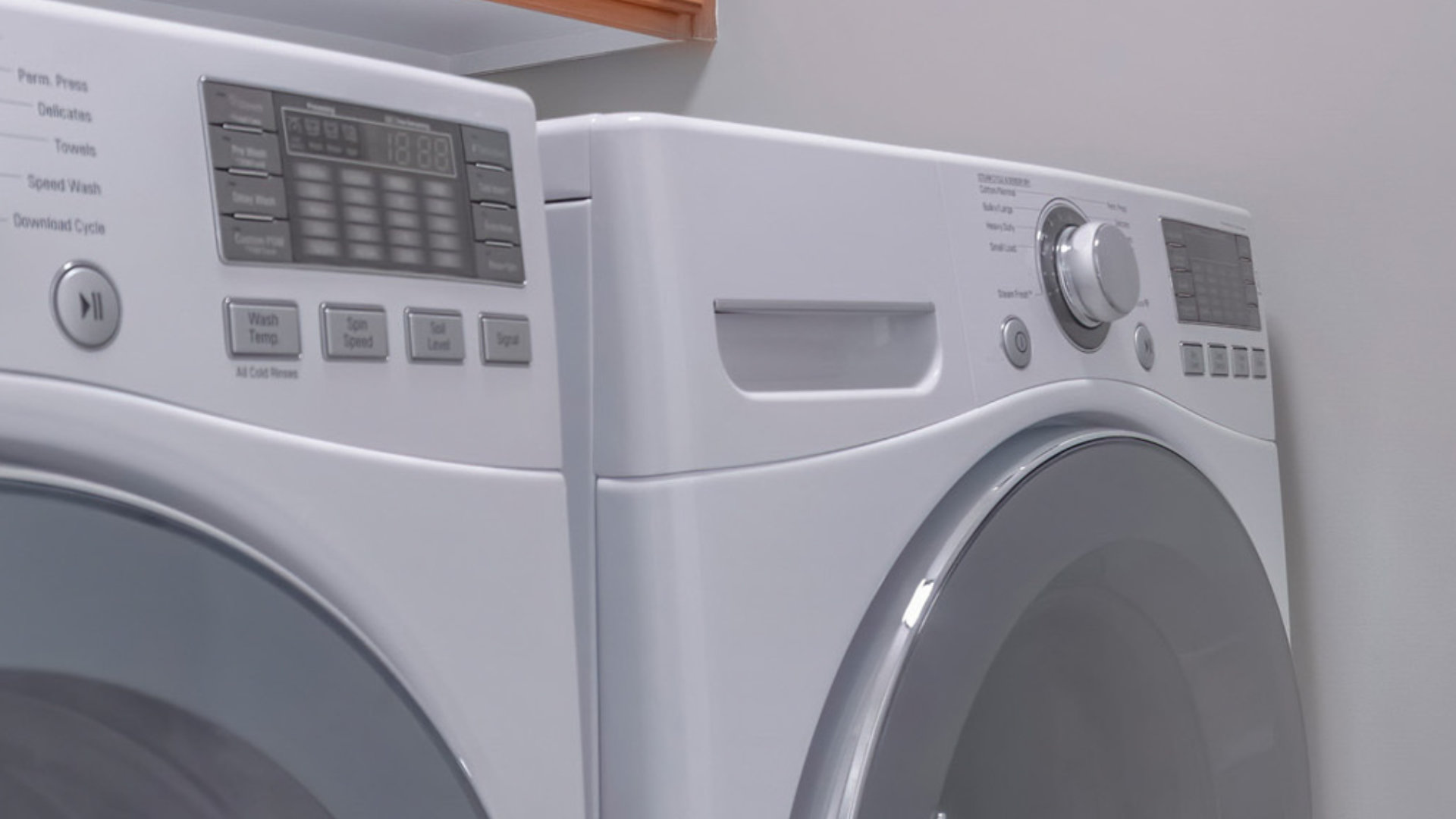
Quick Fixes for an LG Dryer Not Heating
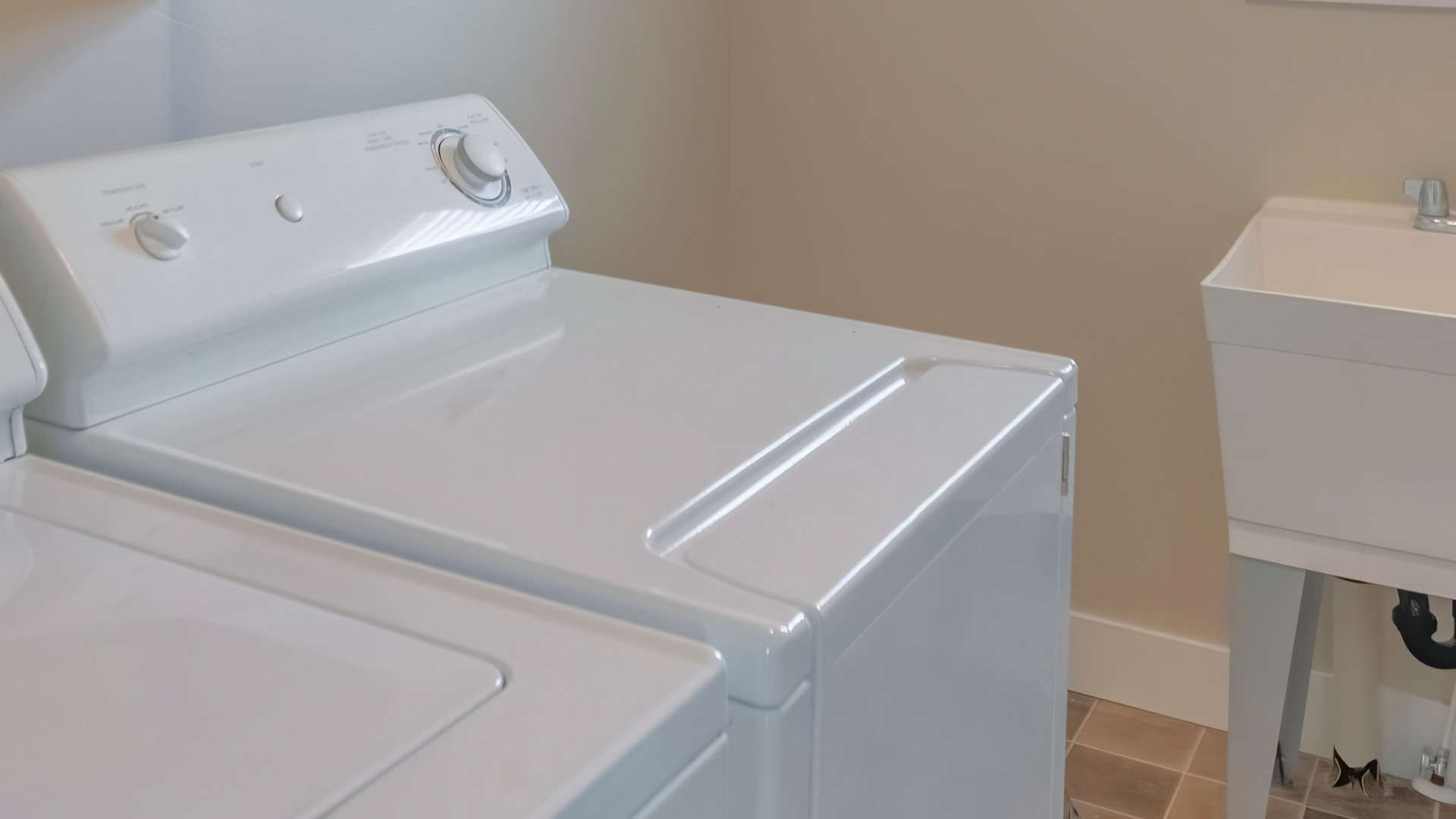
How to Fix an Electrolux Dryer That’s Not Drying
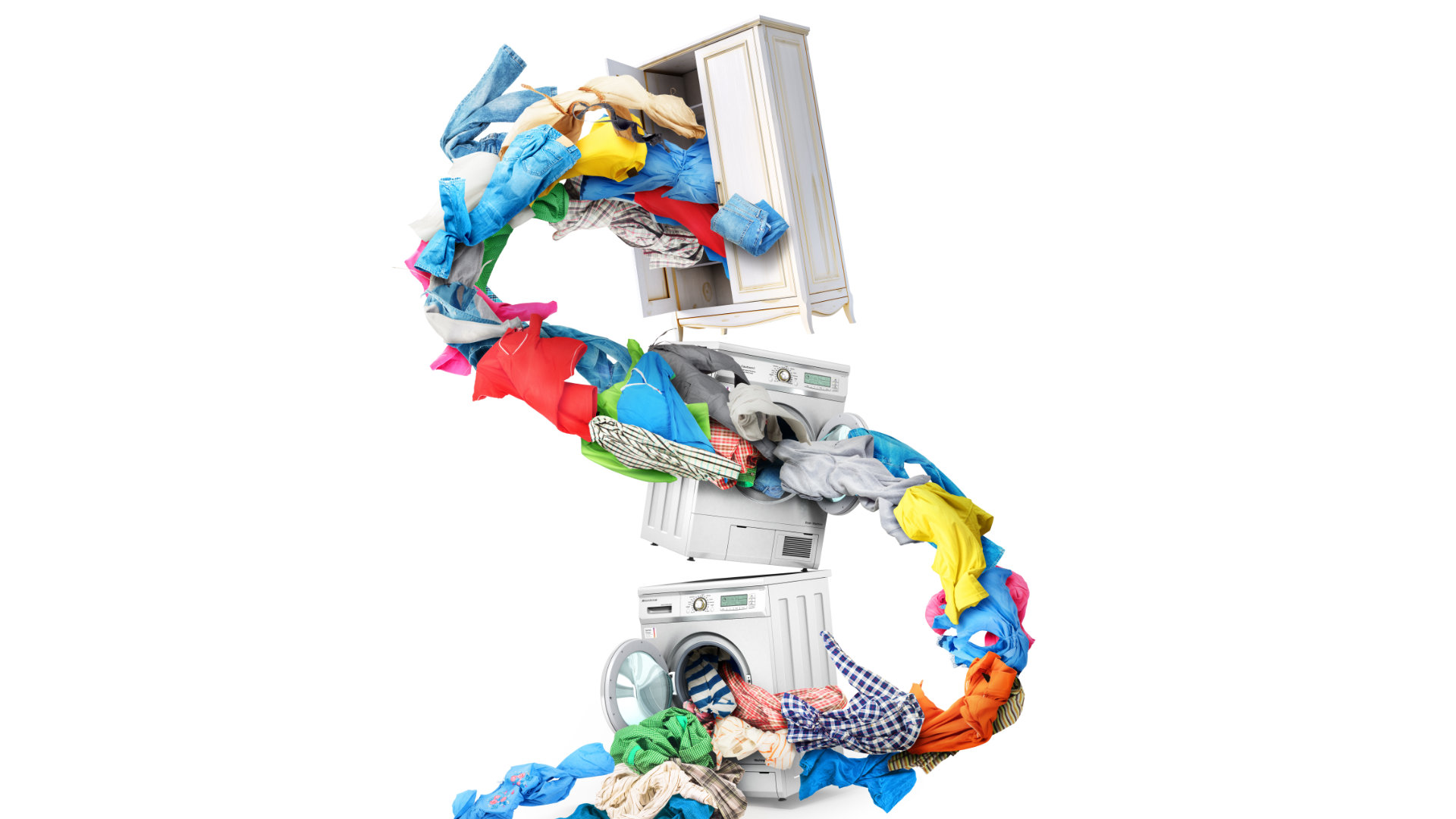
Why Is Your Whirlpool Washer Lock Light Flashing?
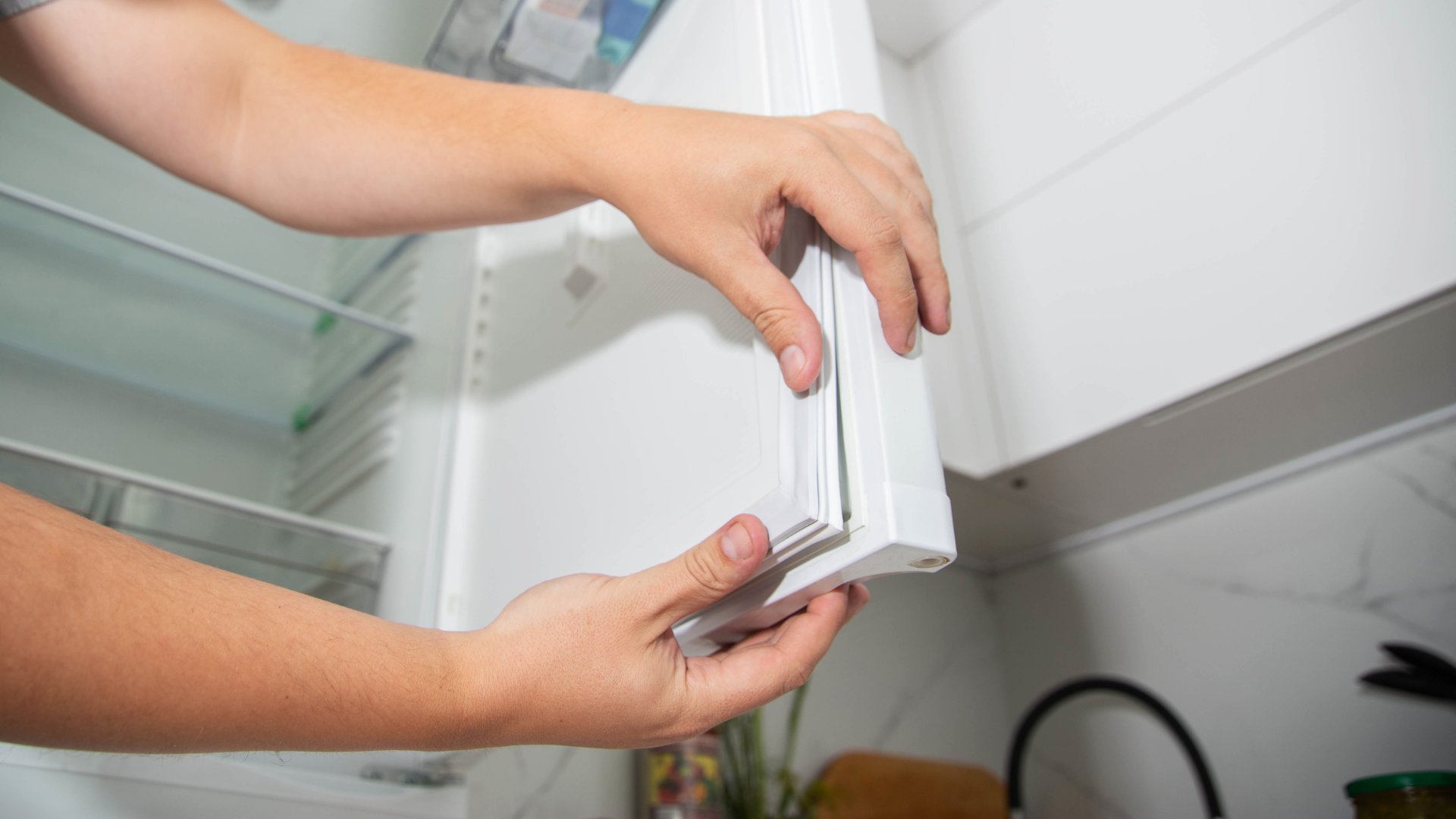
Why Is Your Freezer Door Not Sealing?

How Does a Ventless Dryer Work?
